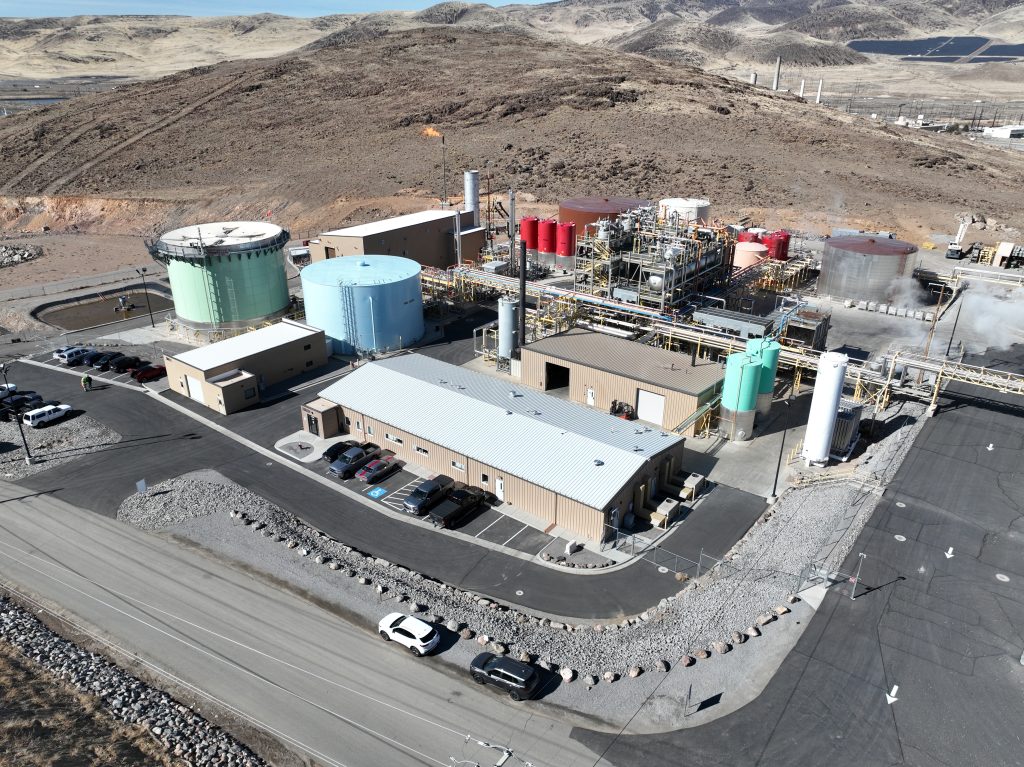Blog
ISCC CORSIA: An International Framework for Recognizing Fuel Product Sustainability
ISCC CORSIA: An International Framework for Recognizing Fuel Product Sustainability Sustainability in aviation has taken center stage as industries strive to reduce their carbon footprint. Sustainable Aviation Fuel (SAF) is a pivotal component in these efforts, but how can producers ensure their fuel meets rigorous global sustainability standards? Enter ISCC CORSIA — a certification framework [...]
Understanding the Difference Between SAF and SBC: A Closer Look at Sustainable Aviation
Understanding the Difference Between SAF and SBC: A Closer Look at Sustainable Aviation Understanding the Difference Between SAF and SBC: A Closer Look at Sustainable Aviation As the aviation industry pushes toward sustainability, two key terms frequently surface in conversations about eco-friendly fuels: Sustainable Aviation Fuel (SAF) and Synthetic Blending Component (SBC). Although often used [...]
Government Policies and Incentives Supporting SAF Production and Adoption
Government Policies and Incentives Supporting SAF Production and Adoption The transition to sustainable aviation fuel (SAF) is a critical step toward reducing the aviation industry’s carbon footprint and achieving global climate goals. However, scaling SAF production and adoption requires more than just innovative technology—it also depends on strong government policies and incentives. At New Rise [...]
How Airlines Can Transition to Sustainable Aviation Fuel: A Practical Guide
How Airlines Can Transition to Sustainable Aviation Fuel: A Practical Guide As the aviation industry strives to reduce its carbon footprint, sustainable aviation fuel (SAF) has emerged as the most viable solution for immediate emissions reductions. People might ask what is sustainable aviation fuel? SAF enables airlines to maintain their existing fleets while significantly decreasing [...]
The Role of SAF in Achieving Carbon-Neutral Aviation by 2050
The Role of SAF in Achieving Carbon-Neutral Aviation by 2050 Aviation is one of the fastest-growing sources of greenhouse gas emissions, contributing to climate change on a global scale. As the industry works toward achieving carbon-neutral growth by 2050, sustainable aviation fuel (SAF) has emerged as a game-changing solution. At New Rise Renewables, we’re proud [...]
How Sustainable Aviation Fuel Is Transforming Corporate Sustainability Goals
How Sustainable Aviation Fuel Is Transforming Corporate Sustainability Goals As sustainability climbs to the top of corporate agendas, more companies are looking for impactful ways to reduce their environmental footprint. Among the latest, most effective solutions is the use of Sustainable Aviation Fuel (SAF), a cleaner, renewable alternative to conventional jet fuel. SAF is not [...]
The Environmental Impact of Sustainable Aviation Fuel: Beyond the Skies
The Environmental Impact of Sustainable Aviation Fuel: Beyond the Skies As global efforts to combat climate change continue, Sustainable Aviation Fuel (SAF) has emerged as a key player in creating a more eco-friendly future for the aviation industry. But SAF’s impact goes well beyond reducing carbon emissions from flights. Its production and adoption positively influence [...]
The Future of Flight: How Sustainable Aviation Fuel Is Changing the Skies
The Future of Flight: How Sustainable Aviation Fuel Is Changing the Skies Sustainable Aviation Fuel (SAF) is emerging as a viable alternative to traditional jet fuel, promising not only to lower emissions but also to create a more sustainable future for air travel. At the forefront of this movement is New Rise Renewables, a company [...]
Busting Common Myths About SAF
Busting Common Myths About SAF As the aviation industry increasingly embraces Sustainable Aviation Fuel (SAF), misconceptions about its production, environmental impact, and long-term potential have also spread. These myths can cloud public understanding of SAF and slow its adoption, which is critical in the fight against climate change. At New Rise Renewables, we are committed to not [...]
Inside the SAF Production Process
Inside the SAF Production Process: How New Rise Renewables Helps Create Clean, Sustainable Aviation Fuel Sustainable Aviation Fuel (SAF) represents the future of aviation as the industry transitions toward greener solutions to combat climate change. At New Rise Renewables, our mission is to help provide cleaner, more efficient aviation fuel that significantly reduces greenhouse gas [...]










